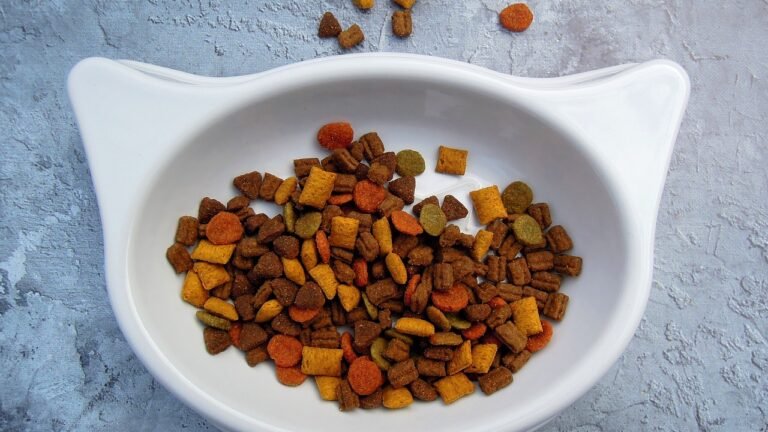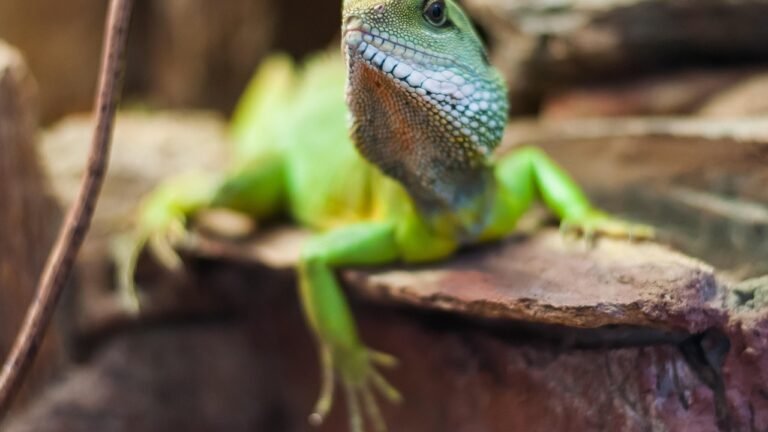
Understanding Carrageenan in Pet Food: What You Need to Know for Your Pet’s Health
As pet parents themselves, they can naturally understand the best nutrition for their pets. Have you ever asked a question about every ingredient in a pet’s food? And if you suddenly spot a strange or new additive, you are probably keen on finding out more about it. Carrageenan-the very common food additive that has been identified as present in much human and pet food, is also one of these. For those of you who have ever asked: “What is that?,” you are not alone in the inquiry: Thousands of other people are sharing the same question. In this article, we shall lay out for you all there is to know about carrageenan, the potential dangers, and how to reason out what should go into your pet’s meal.

What is carrageenan?
Carrageenan is a natural product derived from red seaweeds and used in foods primarily as a thickening or emulsifying agent. By emulsifying, we will mean that it helps to keep some really hard-to-mix ingredients, such as oil and water, mixed together in a homogenous blend. In other words, embryonal means, smooth texture effects provide to products such as sauces, soups, and dairy goods. Carrageenan forms an important ingredient in wet pet food, where it gives food its stability and structure.
Carrageenan Usage in Pet Foods-Controversy Carries On
The controversy about carrageenan has grown bigger: It has not only become controversial as to whether it can be added to pet foods; the other has indeed been hotly contested. Although some studies’ reports had created a crescendo of alarm regarding adverse effects of carrageenan on health. These studies claimed that carrageenan could become inflammatory or toxic, thus causing some to speculate that it may negatively impact long-term health in their pets.
However, it should really be noted that the carrageenan being used in most pet foods is not the type causing studies of concern. What most of the studies linking health issues to carrageenan have actually focused on is degraded carrageenan or, as it is called in some sectors, poligeenan. This is considered to be an injurious compound-a suspected even carcinogenic (cancer-causing) one. However, let it be very clear that the type of carrageenan is not permitted in any pet food, as it is not synonymous with food-grade carrageenan in use in the vast majority of pet food items.
The Difference Between Poligeenan and Food-Grade Carrageenan
However, food-grade carrageenan with poligeenan is differentiated in the processing method. Undegraded carrageenan is the food-grade name used for the form that is included in pet food, and generally it has been considered safe for human consumption. This form has undergone comprehensive study and has been regarded by various regulatory agencies, including U.S. Food and Drug Administration, as GRAS (generally recognized as safe). On the contrary, degraded carrageenan results from breakdown of carrageenan under certain conditions, rendering it potentially dangerous. Health risks are linked to this altered compound, but it does not exist in pet foods as it is highly regulated and banned for use in food products.
Is Carrageenan in Pet Food Dangerous?
Generally, it is observed that undegraded or food-grade carrageenan has shown no significant harm in most studies. However, there are a few studies worth mentioning that tested carrageenan in a laboratory context against cell cultures. Among these tests, some indicated that carrageenan may induce inflammation when added to either liver or colon cells in a petri dish. This is a potential concern since inflammation may contribute to various health problems, particularly gastrointestinal ones.
It isn’t actual fact wetting toward carrageenan while it is gotten into the body cells, without entering into absorption by intestines like other things and entering into a liver in dogs and cats. Carrageenan would reach an organism mainly through the food, which eventually reaches the colon, where the digestion occurs. But till today, no studies were done on live animals showing any kind of harm for taken carrageenan as a part of a regular diet. The studies which claimed a little inflammation potential were under the laboratory setting and it was unclear whether the same could happen in live animals, dogs, and cats.
Therefore, exactly what happens biochemically in the digestion of your pet with carrageenan is yet to be an unknown factor. It is not very clear either that stomach acid has the possible capacity of denaturing the structure of carrageenan into a more toxic form. This is again an area that would require further efforts into research for a complete understanding of the risk, if any, from carrageenan to pets.
So is Carrageenan Safe For Your Pet?
Presently, as things stand, not enough evidence exists to declare that carrageenan is indeed harmful to pets. Where most studies have led to concerns was through degraded carrageenan or lab-based studies that didn’t truly represent real-world digestion. The undegraded carrageenan in pet foods, especially those even within well-regulated formulations, has not been shown to have the same problems.
Now however, should the presence of carrageenan in your pet’s food still be disconcerting for you, there is still good news. Several companies such as I and Love and You, include carrageenan-free versions of their pet food. Thus, pet owners can have the alternative of definitely avoiding the ingredient if they prefer to err on the side of caution.
Being Informed about Your Pet’s Wellness Choices
If you’re still unsure about carrageenan or other constituents in your pet food, it really is worth your time to read food labels. Pet food brands with clearly defined ingredient lists up to the standards that you set for pet health will really help you choose. Keep abreast of the new research too, because that way, you are always aware of the latest facts upon which you base your decisions.
This is the genius of one good nutrition-the quality ingredient is the best balanced, tailored to your pets. Further, when there is an ingredient you’re unsure of or want to ask about something related to your pet, go to your vet for personalized information.
Conclusion
Carrageenan is quite a hot topic in the pet food industry, but one thing is sure food grade carrageenan is not equal to the kind that is harmful-the degraded carrageenan used for testing. There is not enough evidence to suggest that it would cause problems in your pet’s health, but even so, it should not hurt to give it up if that’s what you would rather do. Brands such as I and Love and You have now given you carrageenan-free options, so you don’t have to fret if you’re looking for alternatives. Lastly, a clinically balanced premium diet nourishes your pet to become healthy and happy. Hence, we continue learning for better decisions for our beloved companions as more research comes our way.

